Acts 2:1-11; Ps 104:1, 24, 29-31, 34; 1 Cor. 12:3b-7, 12-13; Jn. 20:19-23
“Jesus is Lord!” The confirmation of Jesus is Lord came to the disciples through the Holy Spirit in a visible image of “tongues as of fire”. The disciples were proclaiming in different languages “the mighty acts of God” in the person of Jesus. They were being given their priesthood to speak and fulfill all that Jesus had commanded them to do. Thus, by doing what Jesus commanded with power and authority there could be no doubt of the proclamation that Jesus is Lord.
This Spirit given to the disciples though one Spirit came with different gifts that each may fulfill one part of the body of Christ yet each gift reveals the same truth “Jesus is Lord”. By receiving different gifts, it would have been possible that each would have created a different vision of Jesus or a different theology of who Jesus is. It is like the game where you whisper one statement in the ear of one person and each pass on the message to another but at the end the message is completely different. To the contrary even though each disciple was different in their personality, their education, their experience of being with Jesus and in the gift from the Holy Spirit, their proclamation of “Jesus is Lord” was consistent in the one truth.
Today we continue to receive our inheritance of the Holy Spirit’s gifts through the sacramental life of the Church though many gifts, one Church, one faith, one Lord. “The manifestation of the Spirit is given for some benefit”. The benefit is a reciprocal blessing whereby placing the gift at the service of the Lord we become the blessing of the Lord and are blessed with even more graces to grow in holiness. This is the law of reciprocity, we cannot outgive the giver of all that we are and offer of ourselves to our Lord and to our neighbor.
For the world Jesus revelation of who he is was soon to be a major source of division. Either accept his Lordship as God and the guilt of his crucifixion or deny him and everyone who proclaimed “Jesus is Lord” by persecution of his witnesses. What was true then remains true today, the more we proclaim Jesus is Lord the more the world seeks to silence, cancel, and persecute those who stand for their belief even when Jesus comes offering peace, mercy, and redemption.
Jesus breathes on the disciples the power of his love and desire for mercy to the sinner but the sinner refuses to accept their sin. How significant that upon his appearance to the disciples as a group we may even consider calling it the first “council” of the Church with Christ as Vicar, that the preeminent command given with the Holy Spirit was to forgive sins in the name of Jesus our Lord carrying forth the priesthood of Jesus.
This is a tremendous gift of authority and responsibility to the priesthood to “forgive and to retain sins”. It can only come through the guidance of the Holy Spirit. Sadly, even among believers who accept Jesus is Lord they reject this gift of mercy by confession on the lips remaining silent at the risk of retaining their sins by their will refusing the gift of mercy through confession. It is not difficult to say the words “Lord be merciful to me a sinner” but greater is the mercy of the sacrament when we humble ourselves to God in the confessional.
Jesus says, “As the Father has sent me, so I sent you” and he breathed on them the Holy Spirit. Jesus came to bring us the Father’s mercy, now he waits for us to respond with an act of humility and obedience to receive this gift of mercy. Mercy opens us up to all the other gifts of the Holy Spirit to be cleansed for the pure cannot enter the impure until it is washed clean.



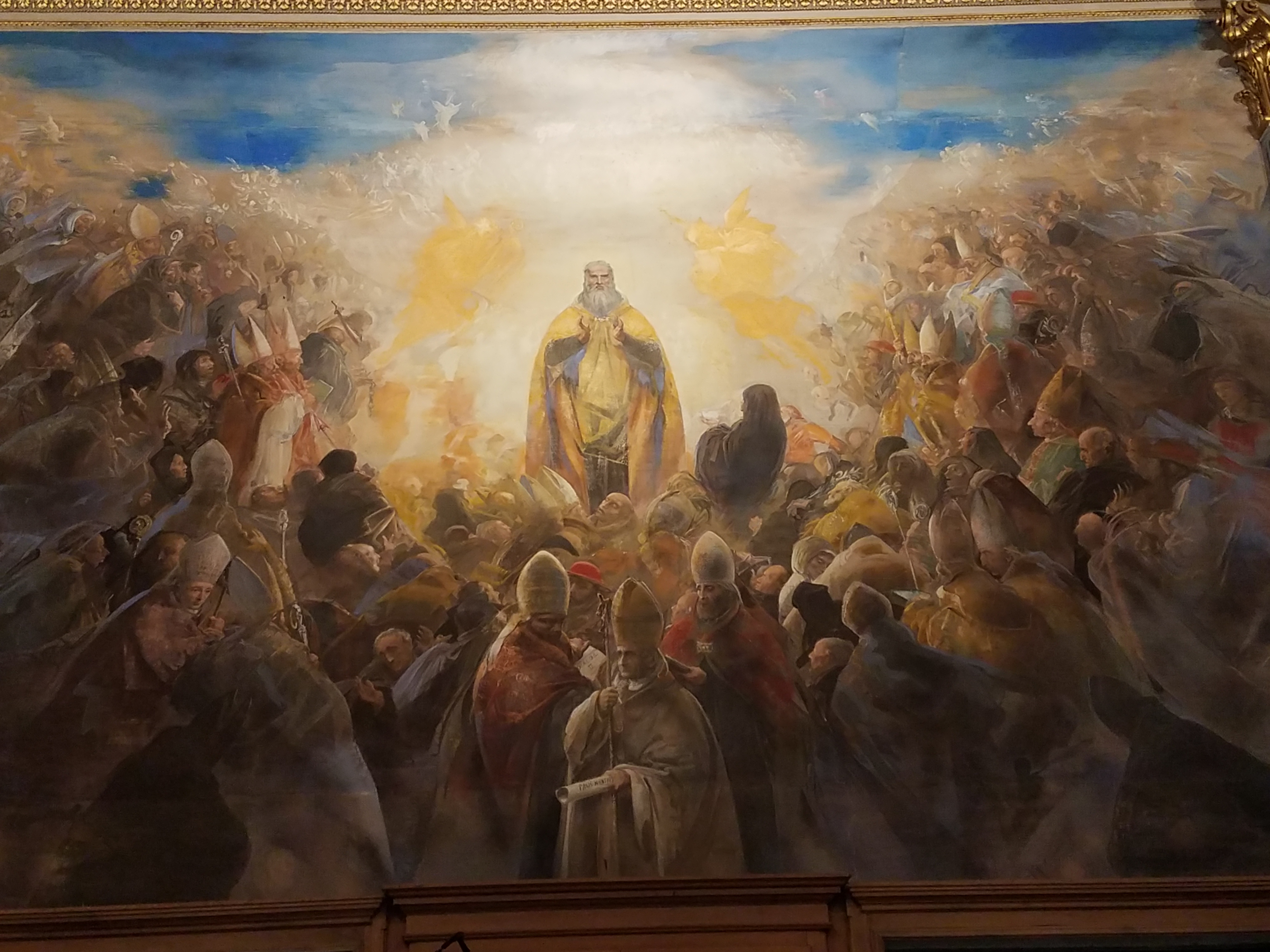

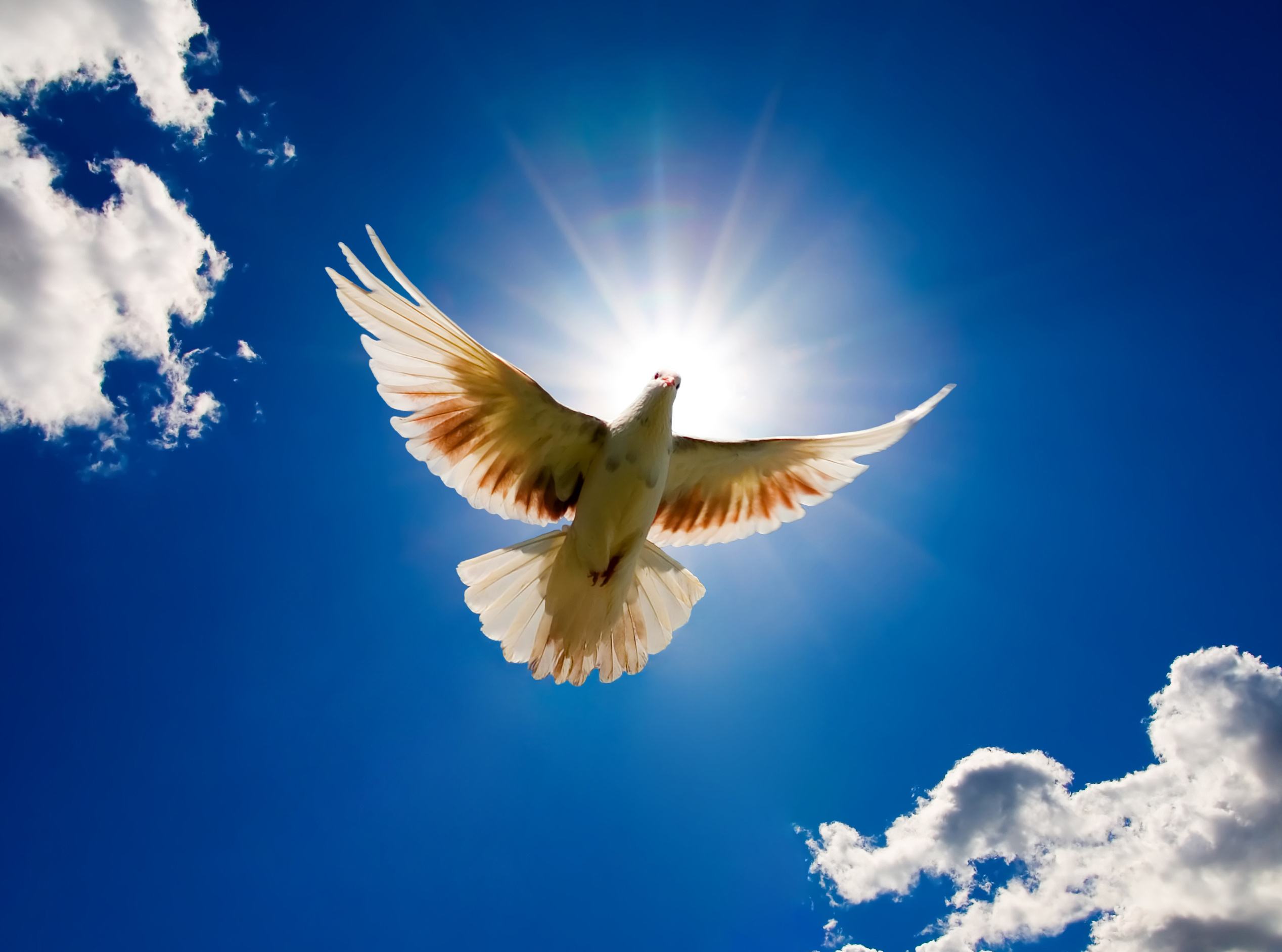

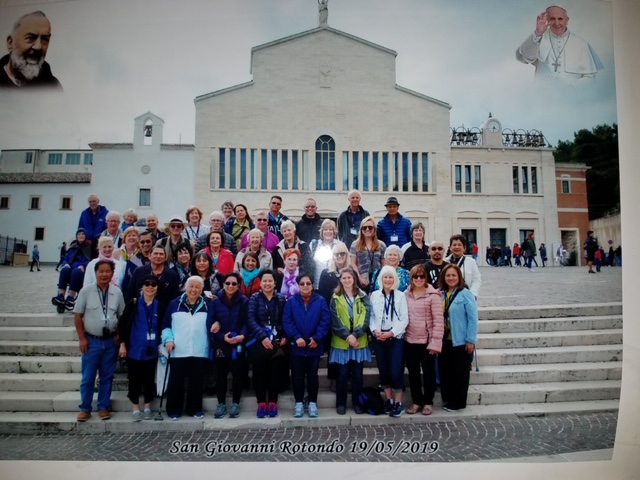

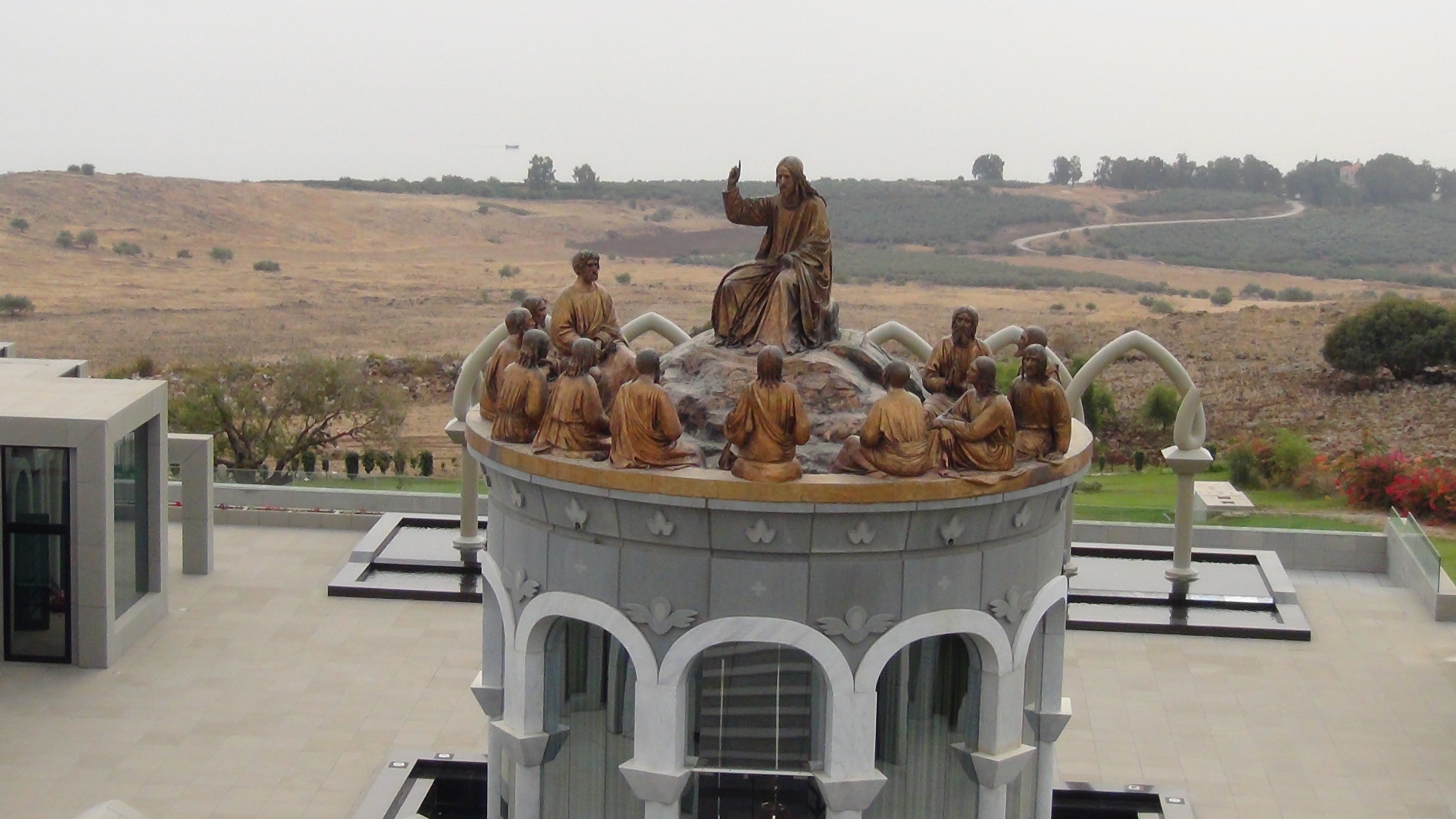

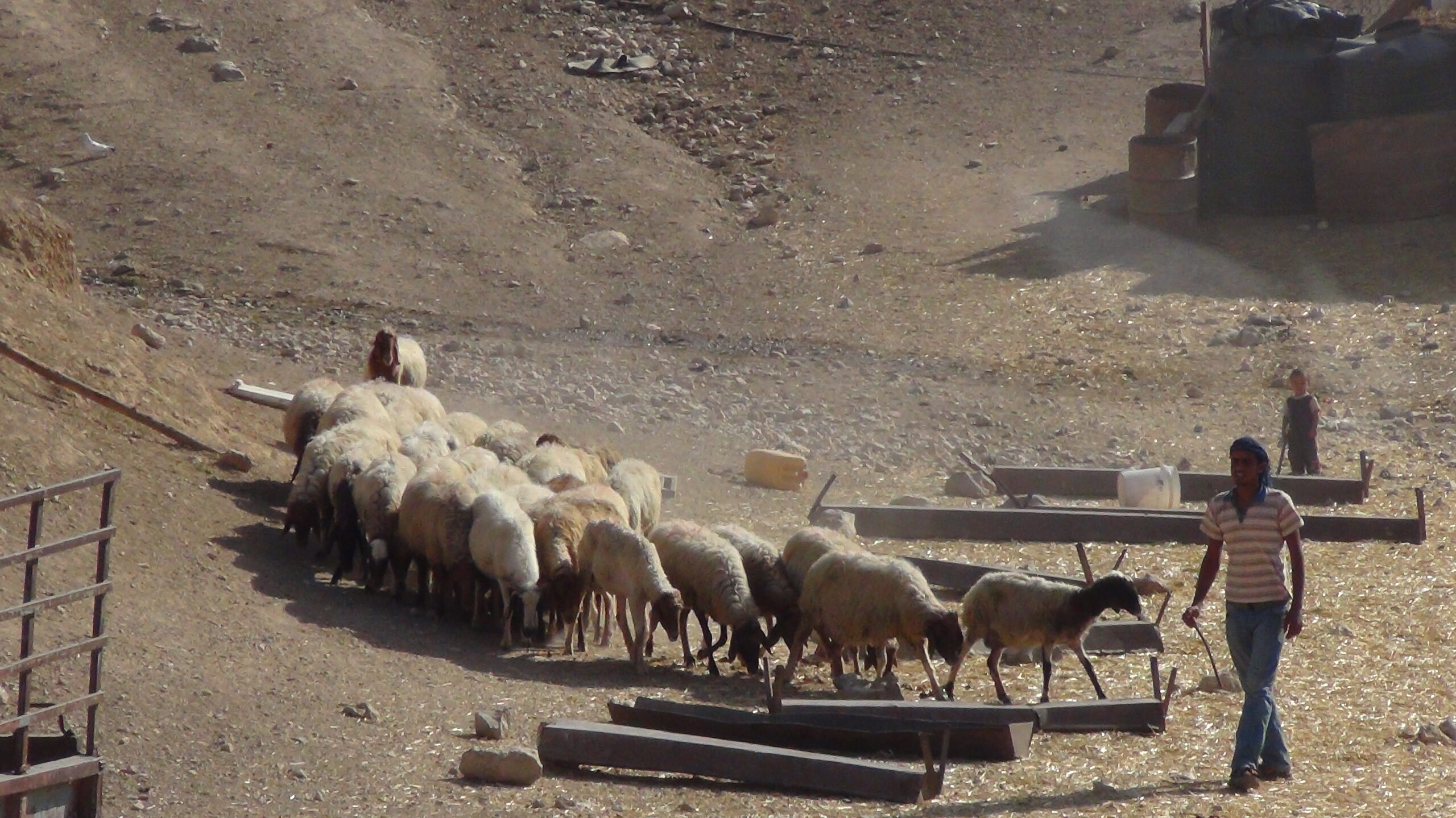

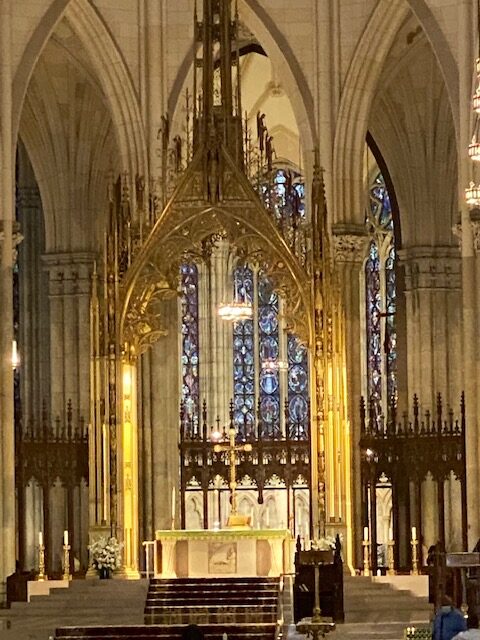


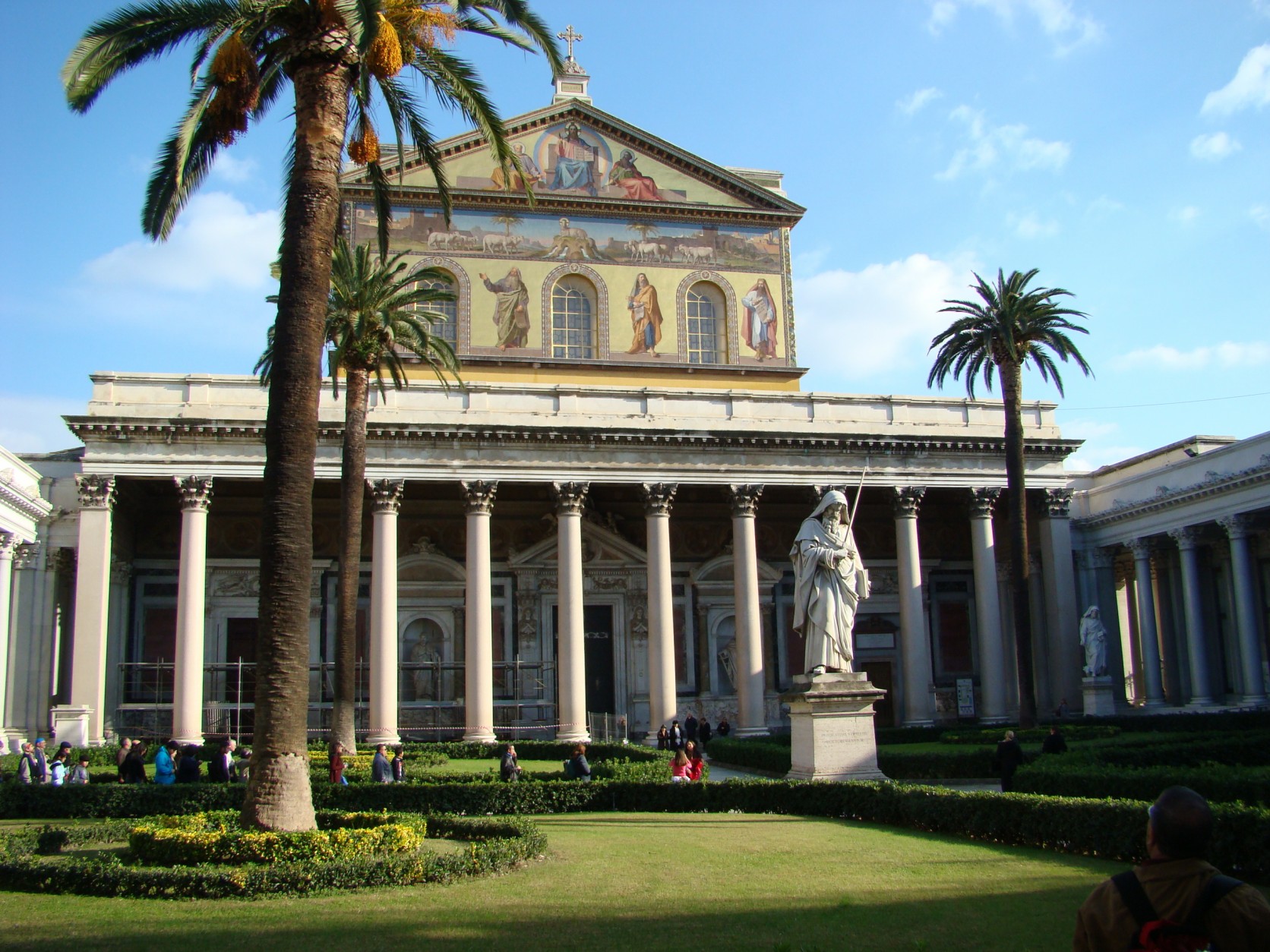

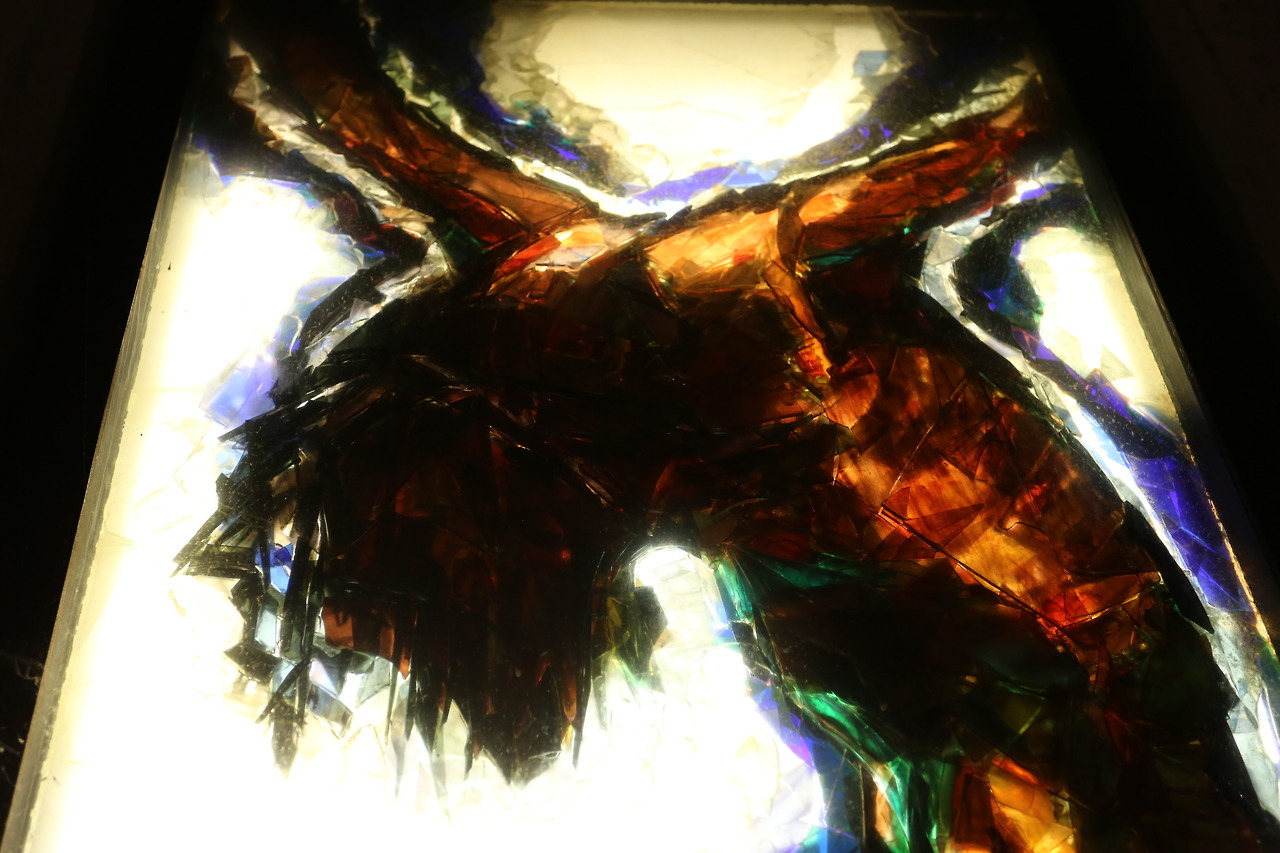

Recent Comments